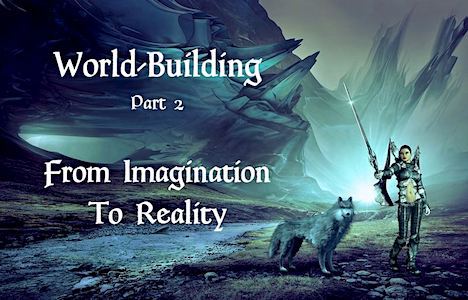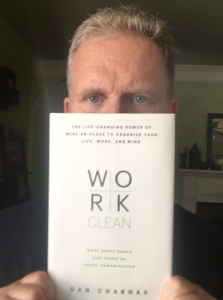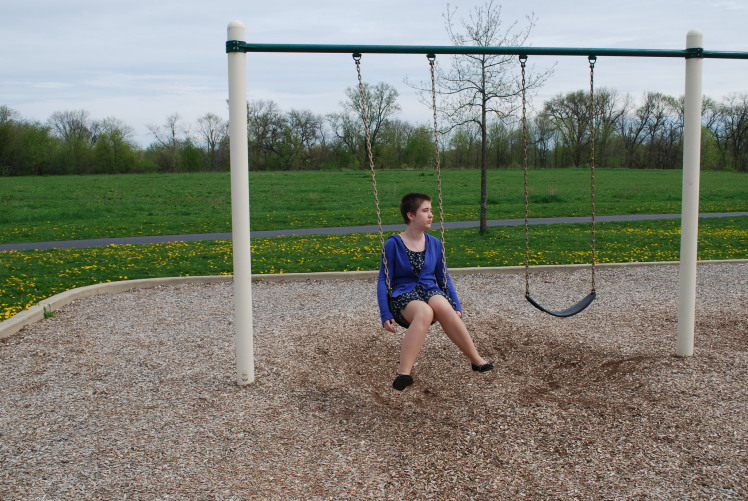 Photo credit: Lotzman Katzman on Flickr.
Photo credit: Lotzman Katzman on Flickr.
As a child, the ability to have playtime is one of the most important aspects of learning. I remember recesses in elementary school where my friends and I would dissect dandelions on our playground or attempt to save worms that were drowning in puddles. (I later learned that they breathe through their skin.)
At home, my dad would let my sister and I build circuits on his breadboard. I have little if any expertise on building circuits these days, but back then, I could at least tell you not to connect X,Y, and Z because they would start to create smoke — a blunder that my sister and I learned the hard way as my parents were in another room momentarily. In addition to the circuit board, there were the science kits, the art projects, and the over-abundance of pets in our childhood that often contributed to some very memorable and valuable learning experiences.
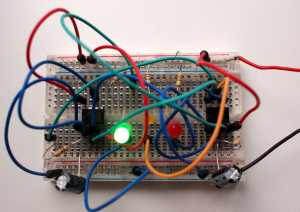 I couldn’t tell you a thing about using a breadboard now, but hey, we lit up some LEDs when we were little! (Photo credit: Paul Downey on Flickr)
I couldn’t tell you a thing about using a breadboard now, but hey, we lit up some LEDs when we were little! (Photo credit: Paul Downey on Flickr)
Yet, when my sister and I were building a radio or trying to raise baby rabbits, we didn’t have any pre-conceived objectives. The radio might work, or it wouldn’t. We would give a rabbit a feminine name only to find out it was a male months later. We had a few ideas about what we wanted to be when we grew up, but no experience was intended to be a stepping stone in any specific direction. We simply pursued the activities that were fun and interesting.
Recently, more of my income has come from professional music-making or teaching music. As a result, the majority of the work that I do is at home instead of in an office. The advantage is that I have more time to pursue my personal goals and can set my own schedule for the greater part of the day. However, I do have to be cautious about the distractions that can rob me of valuable time if I am not careful.
Since I have been more concerned about making better use of my time in the last couple of weeks, I have started to ask myself the following questions: (1) What tasks must I complete now in order to reach my immediate goals, and (2) if I am not doing an activity that adds to these short-term goals, is it still valuable and significant in some way?
Number two is the trickiest for me, to be honest. In his book Procrastinate on Purpose, Rory Vaden asserts that importance and urgency are two factors that, although very helpful, aren’t the only ways of prioritizing what needs to be done. Instead, one must also prioritize what is significant — the tasks that are not only important but will also have the most enduring impact on your personal life and goals. Therefore, my second question is really asking, “Is what I’m doing right now important and significant, especially if it is not urgent at the moment or in the near future?”
The problem is that when I am working on things that are not even remotely urgent, I tend to feel guilty. For example, I spent the greater portion of a day last week experimenting with sound samples in Audacity and SPEAR, both of which I would like to learn to use better so that I can eventually create electroacoustic music in addition to my acoustic compositions. Since I wasn’t working on a project that was forthcoming, I started to feel as if I was wasting time that I could be using for more pressing issues.
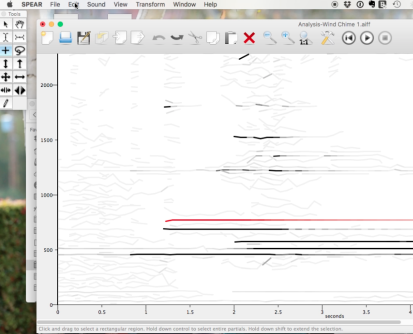 Analyzing and altering the frequencies of wind chimes in SPEAR.
Analyzing and altering the frequencies of wind chimes in SPEAR.
When I think about it, there are several skills that I would love to build that will never happen unless I allow exploration without urgency. For example, when I was in high school, I often fantasized about being able to improvise as well as Regina Carter, Stephane Grappelli, or Jean Luc-Ponty. (I still do!) Yet, since my gigs are currently centered around classical music, this is another skill that could never come about if I were waiting to explore it only when I am being hired to do so. I need to learn to value playtime, so to speak, in order to allow myself to continue to expand my skills and find my voice as an artist.
In the coming weeks, I’ll elaborate more on some of the tools and strategies that I am going to be using in efforts to carve out more time for the tasks that are significant. In the meantime, what are some of the mindsets that you struggle with while juggling different priorities? What are some of the strategies that you use in order to guard time for your most significant aspirations? Let’s discuss in the comments below!
This page contains affiliate links. When you follow an affiliate link and make a purchase, I will receive a small commission for the referral at no additional cost to you.
Advertisements Share this:- More


